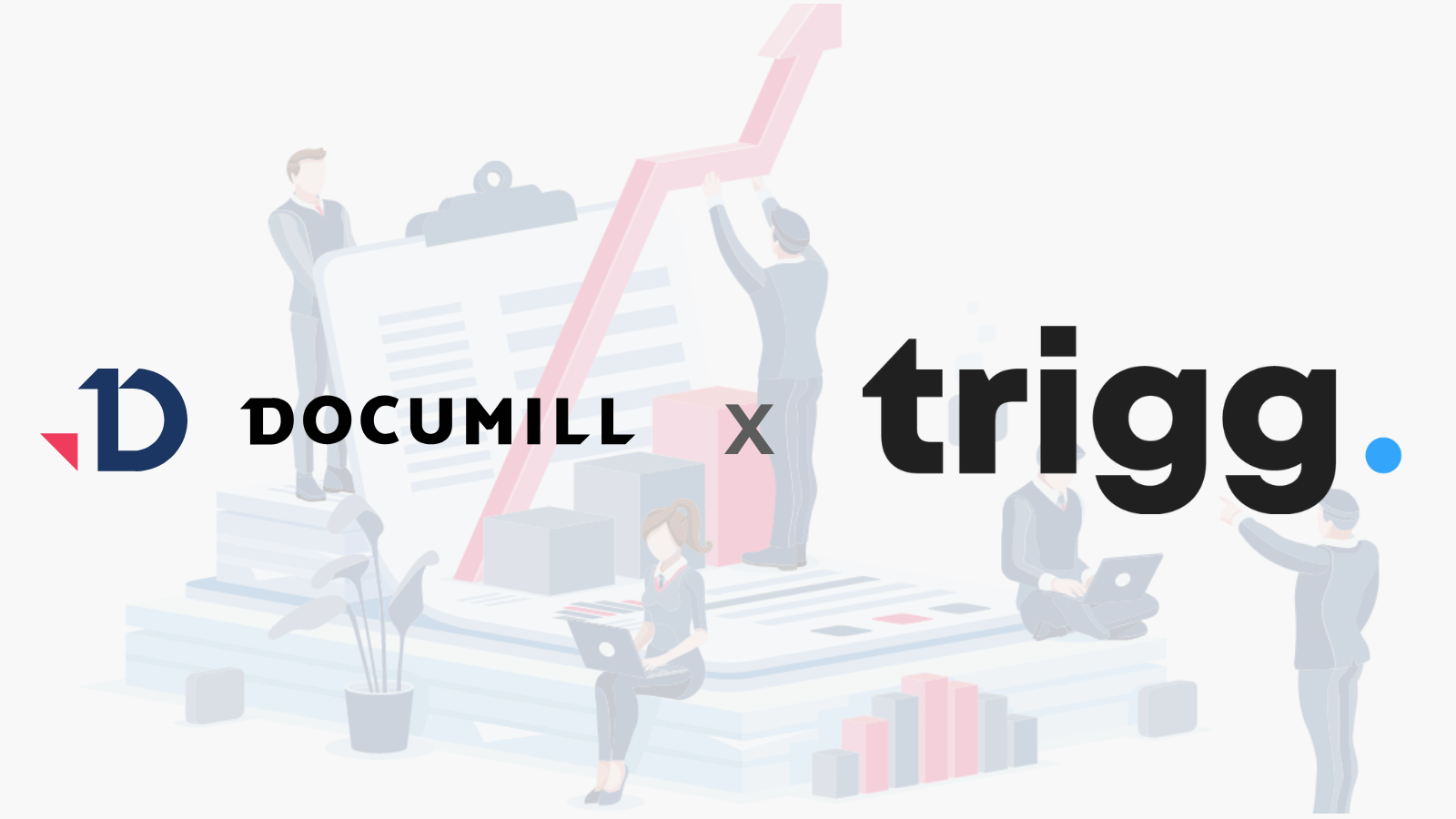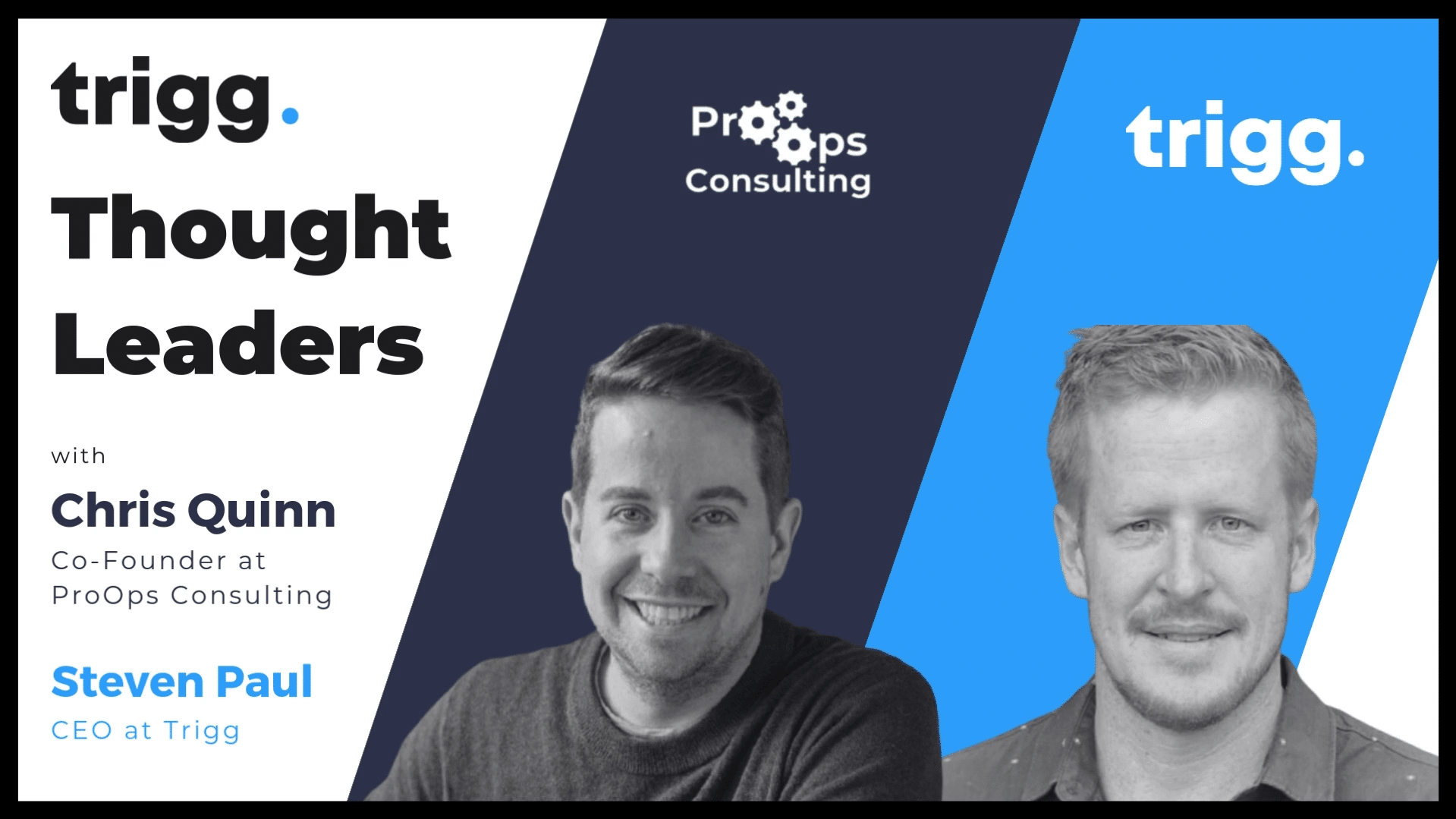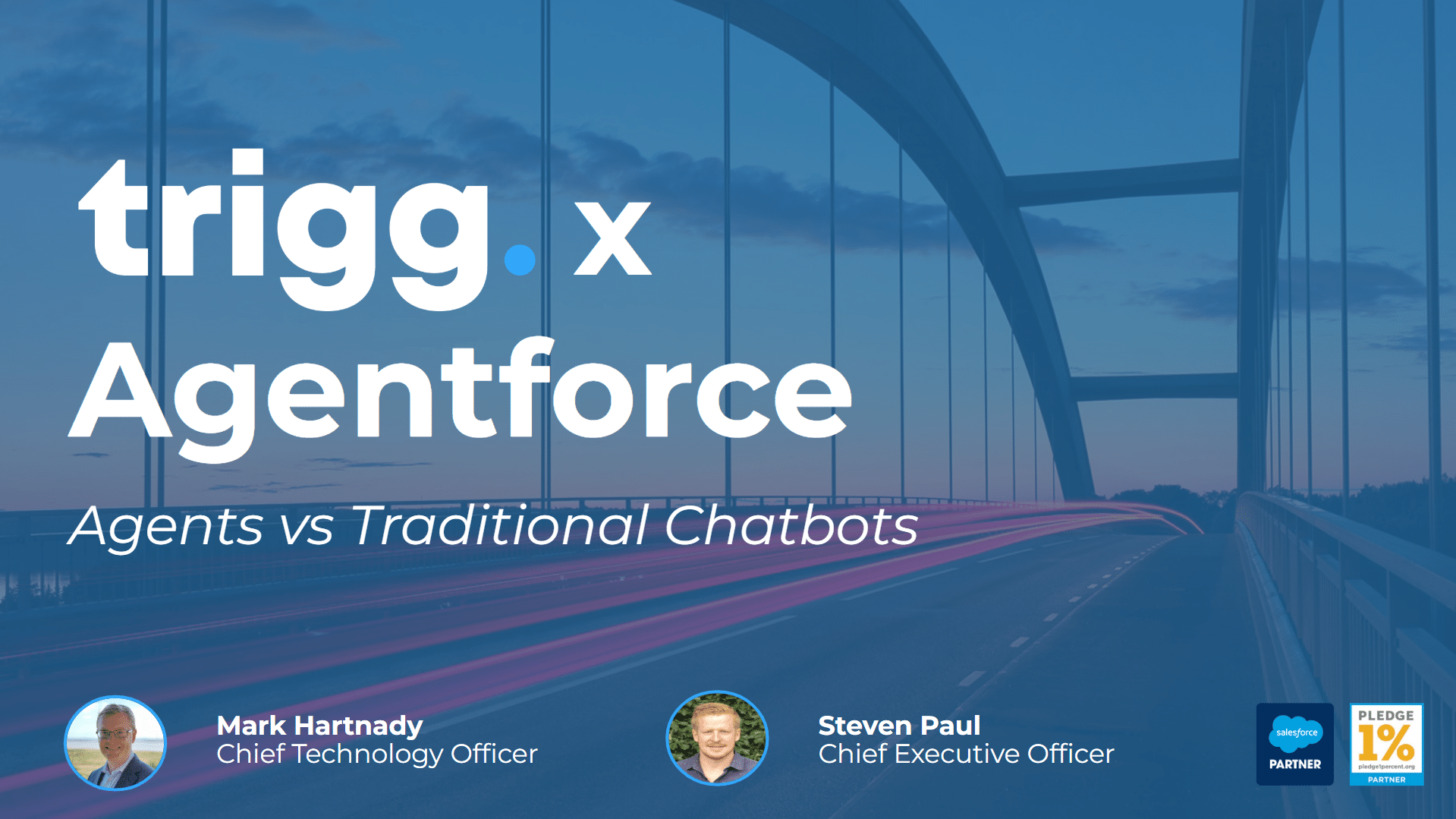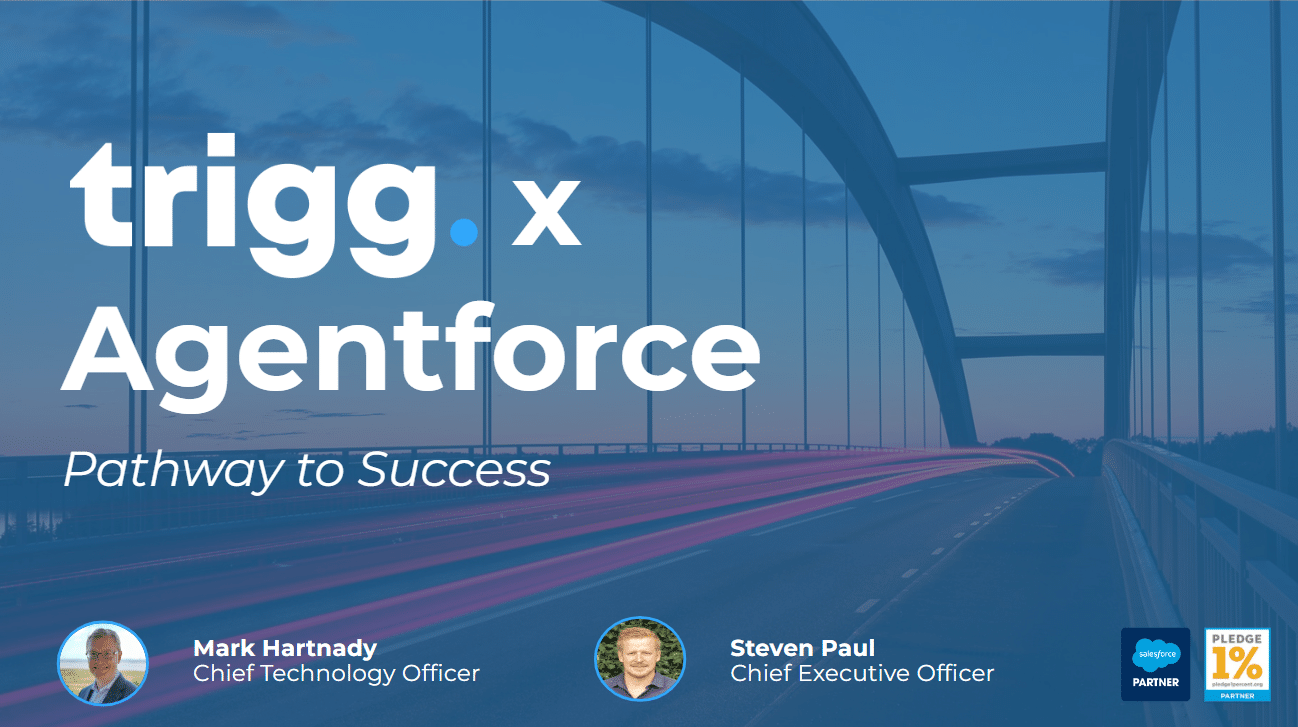
Documill and Trigg announce strategic partnership to simplify the complexity of document management
February 13th, 2025 Posted by Steve Paul Automation, Implementation, News 0 thoughts on “Documill and Trigg announce strategic partnership to simplify the complexity of document management”We are excited to announce a strategic partnership with Documill, a renowned document automation and collaboration solution provider. Together, we will enhance document processes across key UK, EU and North America industries, including retail, media, retail media, travel, manufacturing and more.
Documill’s solutions, available for Salesforce Sales, Service, Experience and Marketing Clouds, enable our clients to significantly reduce manual document tasks — from offers to complaint responses — and facilitate effective collaboration on contracts, leading to faster business outcomes.
Benefits of the Partnership

Mika Könnölä, CEO, Documill, added: “This partnership with Trigg Digital enables us to further extend our global reach. Combining Trigg Digital’s Salesforce expertise with our renowned solutions and customer service, we will be able to provide unsurpassed quality to our customers”
Steven Paul, CEO, Trigg Digital, said: “Together, we will equip our customers with the processes, tools, automation and insights to accelerate growth and efficiency. Powered by Salesforce AI, Data, CRM, and Documill, we’ve already delivered a number of transformative projects for high-profile clients to simplify the complexities of quoting and IO processes, deal-making, retail media planning and performance reporting – and we are very excited for what’s instore next.”

About Trigg Digital
Trigg Digital brings in-house expertise to the table, they leverage AI and Salesforce to optimise CRM processes for leading companies who want to go further, faster. Bringing a fresh perspective, Trigg know first-hand how CRM automation can transform businesses rapidly into agile and powerful operations delivering double-digit growth.
About Documill
Documill helps Salesforce-powered enterprises to digitalize their core document processes. We do so through company-specific workflows, collaborative document creation, the inclusion of process-related tasks such as approvals and e-signing, and highly flexible document automation capabilities.
If you would like more information about this topic, please get in touch.











